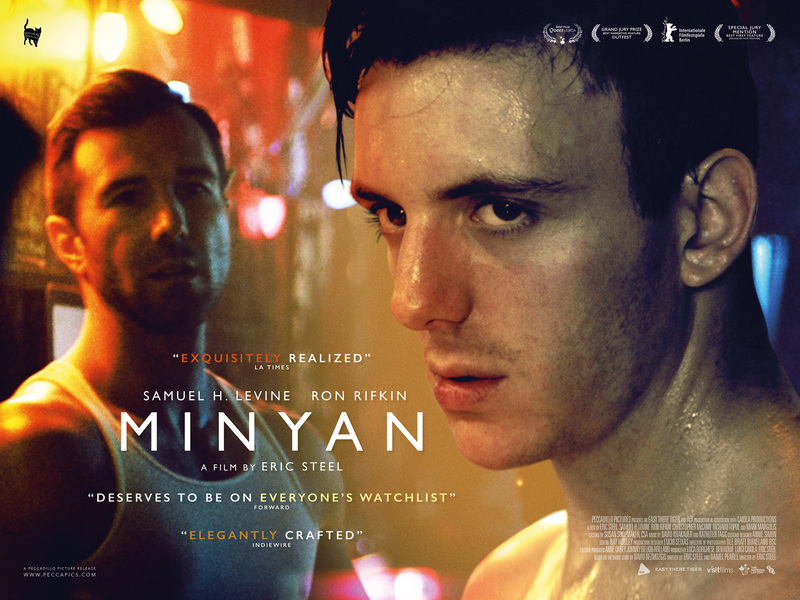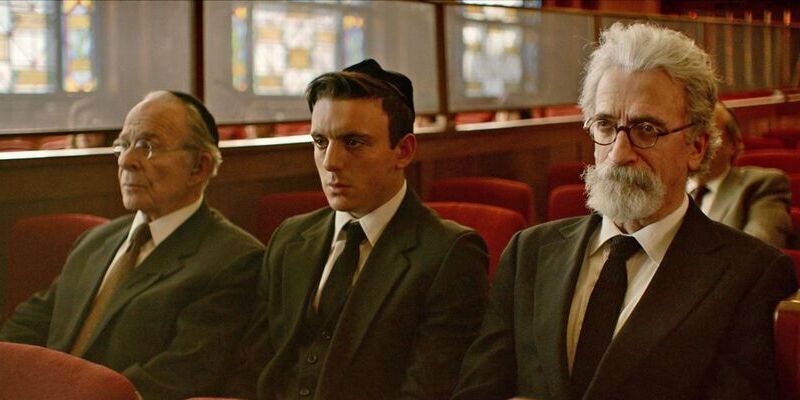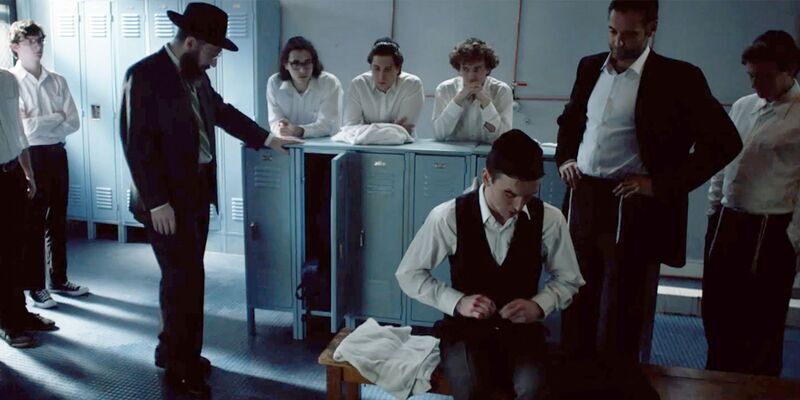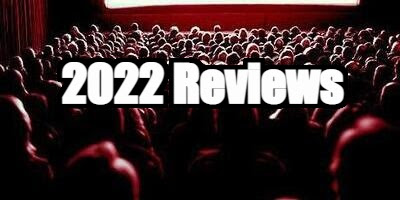
Review by
Benjamin Poole
Directed by: Eric Steel
Starring: Samuel H. Levine, Ron Rifkin, Christopher McCann, Brooke Bloom, Alex
Hurt, Chris Perfetti

As part of the Ashkenazi Jewish community in 1980s Brooklyn, young David’s
(Samuel H. Levine) life is characterised by strict cultural
traditions: not only is he expected to take part in religious ceremonies
which he is unsure that he believes in, but also, as part of an outsider
class (the film suggests), competitive appearance and perceived status is
crucially important to social standing. Problem is that David is gay and
has barely come to terms with the fact himself, let alone be comfortable
enough to admit it to his family of pushy mom and abusive father - the
former attempting to marry him off to the daughter of a car salesman, his
dad smacking him about as a way of toughening him up. Oy vey!

One does tend to romanticise the mid-‘80s era of NY gay culture: the
Mineshaft club, Mapplethorpe’s photography, the mythical cool of Greenwich
village - all in the city that never sleeps. However, the reality for most
young gays at that time was far removed from the underground scene or
illicit bohemia of downtown and was perhaps closer to what David
experiences in queer documentarian Eric Steel and
David Bezmozgis’ (co-writer, of screenplay based on the short story
by Daniel Pearle) Minyan. That is, a furtive and solitary existence, exemplified by cold fear and
hot shame which eat away at the soul; as a character wistfully remarks,
"being alone is a kind of death itself."
Fortunately, David does have his grandfather Josef (Ron Rifkin),
who is similarly forsaken by the family due to his age, bemoaning that old
people are treated the same as children in their society. Duly, David
moves into the Jewish Retirement Apartment Building which Josef shares
with other older people. Part of the joy of Minyan is its
representation of old people who, to a man, have come too far and,
historically, suffered far too much to give in to further bigotry and
judgement. As David discovers, within the tenancy there are in fact a
couple of widowers who quietly live together as a couple.

It’s lovely, and the idea of David self-actualising from the example of
these dignified suitors (Christopher McCann and
Mark Margolis) is a welcome one. So many coming-out-of-age dramas
focus on youthful bravery superseding the adult status quo, and the
adolescent thrill of recognising an identity which challenges pat
orthodoxy. It’s a shame, then, that we don’t spend more time in the
retirement home, as Minyan instead opts to follow David as
he makes inroads into his newly accepted homosexuality. Once again, a
familiar gaymut is run: stealthy glances across bars, sweaty dancefloors
full of men, drunken shags. Amusingly though, Levine wanders through the
film with a benign, stupefied look on his face, as if he is the Forrest
Gump of archetypal gay experience. It’s incredible, and once you clock
this it’s impossible to ignore. Case in point is a hook up with
smouldering barman Alex Hurt. Their sex is filmed in that
objective, prolonged way in which anal is always portrayed in such films:
very po-faced, stern, mechanical (having a complete inability to take
anything seriously, let alone shagging, this sort of scene blocking always
makes me giggle anyway). After the top barman has come, the camera lingers
on David’s face, which has the sort of glazed, satisfied look of someone
who has just solved a Rubik’s cube (perhaps part of the problem is that
playing a 17 year old, Levine instead looks every year of his mid-20s irl
age...).
And then, a few moments after coitus, the hunky barman is berating David
for his ignorance regarding the endemic of young men "getting sick" across
town. Um, mate, you just had unprotected sex with this twink who is
probably still holding in your emission as you’re bollocking him? The
spectre of AIDS is another crushing phenomena that David will have to
contend with, and Minyan depicts it as such – a vague, but
insistent threat to a way of life already under undue pressure. There is,
however, no real attempt to challenge the duplicity, and possible
culpability, of the likes of the hunky barman. In fact, the bad boy’s main
crime in the film is pretending to read a book for clout, a transgression
which, when it is revealed to David, is treated like a real ‘scales from
the eyes’ moment - get real.

And so, at times, aided by its arch clarinet score,
Minyan comes across as a reassuring gay fairy-tale of
familiar tropes and minor conflicts. However, what is both warming and
refreshing in Steel’s film is the comfort, the love and the support which
David returns to within his community and religion. It is here where the
true heart of Minyan can be found, the religious-positive
themes of which are vanishingly rare. In the film’s moving final lines,
David’s rabbi explains that he is obligated to take all, "thieves,
adulterers, homosexuals," or else the titular quorum could not exist.

Minyan is in UK cinemas and on VOD
from January 7th.

